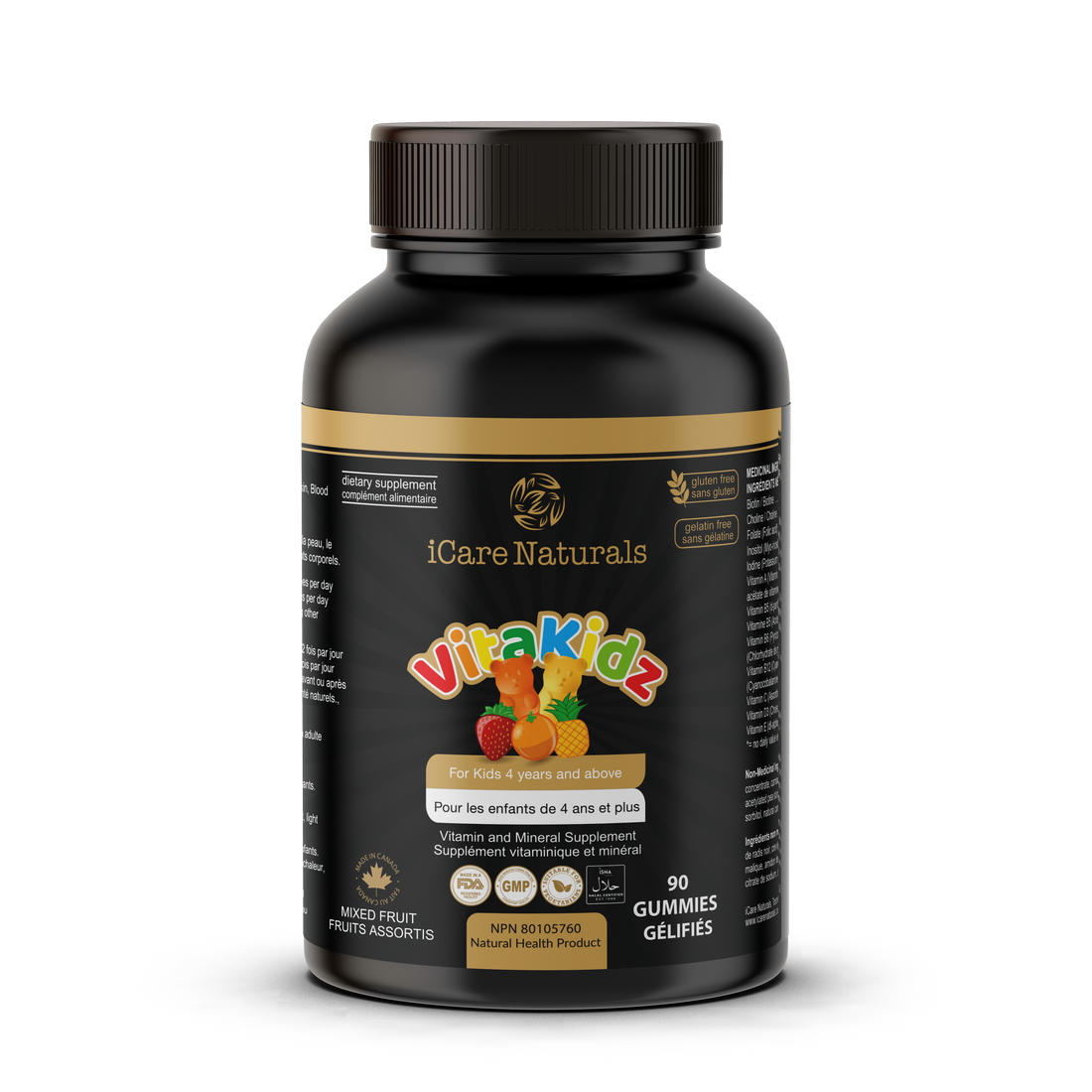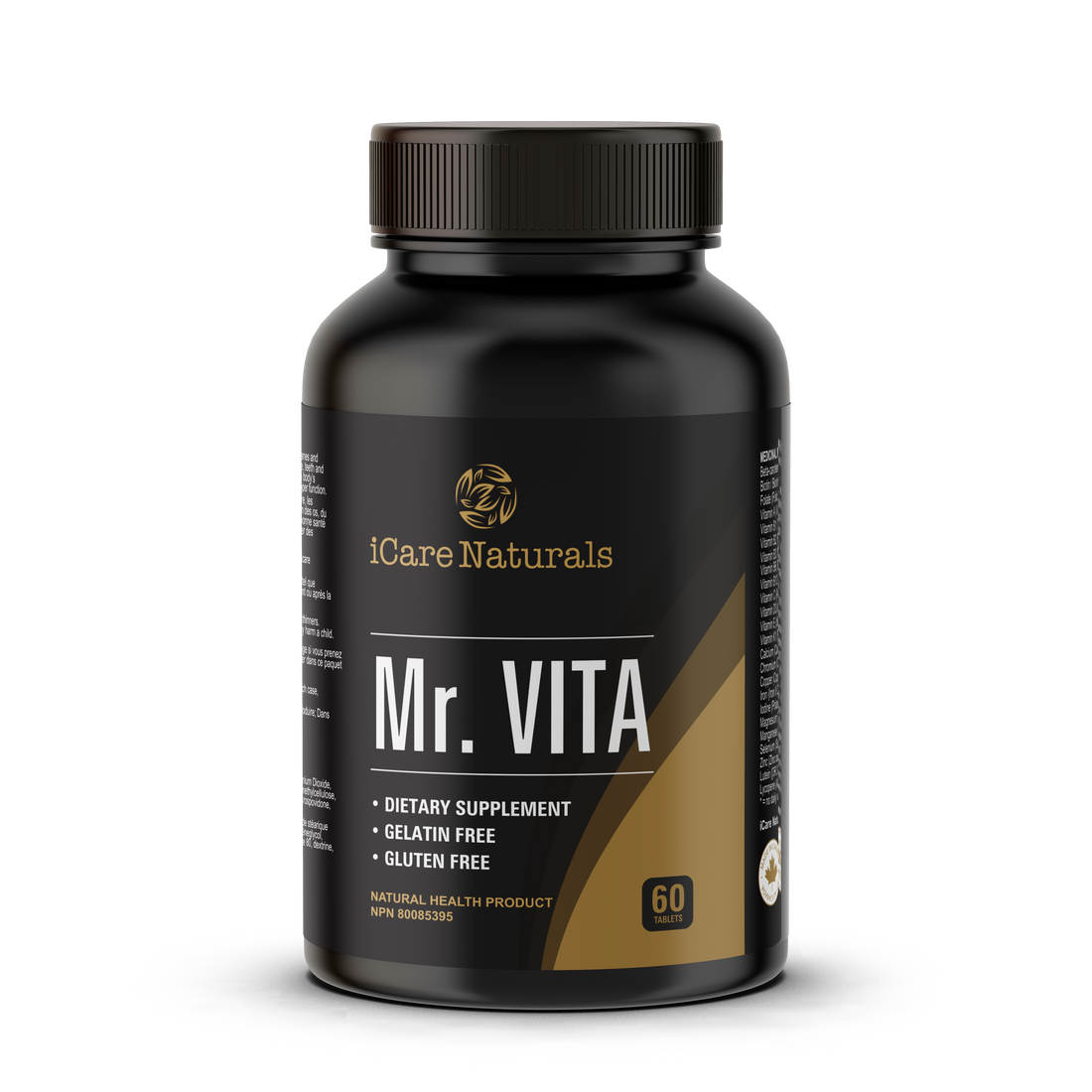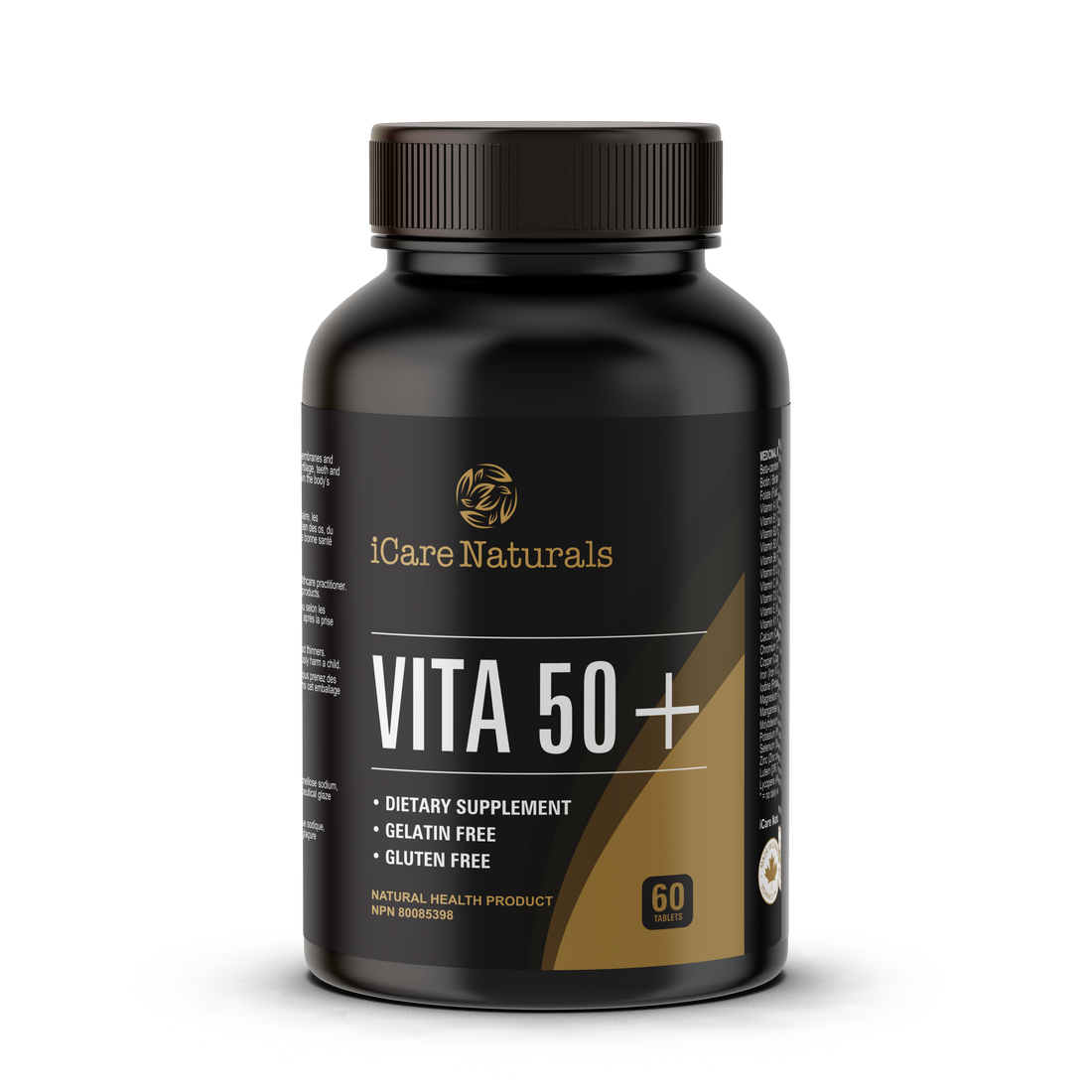Introduction
Vegetarians need to eat a balanced diet that includes a variety of foods in order to acquire enough of the nutrients they need. Vegetarians should eat a wide range of fruits, vegetables, whole grains, and legumes to acquire all the vitamins and minerals they need. Also, to make sure they're receiving enough of specific nutrients, vegans may want to consider taking nutritional supplements.
Definition of vegetarianism
Vegetarianism is defined as a lifestyle choice in which meat, fish, and fowl are not eaten. Among the many varieties of vegetarianism are Lacto-vegetarianism, which permits the use of dairy products, and veganism, which forbids the consumption of any animal products whatsoever.
Explanation of the importance of a well-rounded diet for vegetarians
A well-rounded diet is essential for vegetarians to ensure they are getting all the necessary nutrients. It is important for vegetarians to include a variety of fruits, vegetables, whole grains, and legumes in their diet to ensure they are getting enough vitamins and minerals. Additionally, vegetarians should consider taking dietary supplements to ensure they are getting enough of certain essential vitamins and minerals.
First, vegetarians should make sure they are getting enough protein. While meat is a traditional source of protein, there are plenty of plant-based options such as legumes, nuts, seeds, and soy products.
Second, vegetarians should also pay attention to getting enough iron, which can be found in leafy greens, legumes, and fortified cereals. Vegetarians also need to consume enough Vitamin B12, which is mainly found in animal-based products, so it's important to look for fortified foods or supplements.
Third, vegetarians should also make sure they are getting enough calcium. Calcium is essential for bone health and can be found in leafy greens, fortified milk alternatives, and calcium-set tofu.
Fourth, vegetarians should also make sure they are getting enough omega-3 fatty acids, which are important for heart health and can be found in flaxseed, chia seeds, and walnuts.
In addition, a well-rounded vegetarian diet should also include a variety of fruits and vegetables to ensure that the body is getting a wide range of vitamins and minerals. Eating a variety of different plant-based foods can help to provide the body with all of the essential nutrients it needs to function properly.
It's important to note that a well-rounded vegetarian diet requires planning and attention to detail to make sure that all the essential nutrients are covered, in case of lack of some nutrients, it is important to seek professional advice and possibly supplements.

Vitamin B12
Role in the body: Vitamin B12 is essential for the proper functioning of the brain and nervous system, as well as the formation of red blood cells.
Common sources for vegetarians: Vitamin B12 is typically found in animal products, so vegetarians may not be getting enough of this vitamin in their diet. Good sources of vitamin B12 for vegetarians include fortified breakfast cereals, fortified plant-based milk, and nutritional yeast.
Symptoms of deficiency: Symptoms of vitamin B12 deficiency include fatigue, weakness, constipation, loss of appetite, and nerve damage.
Iron
Role in the body: Iron is essential for the production of haemoglobin, which carries oxygen to the body's cells.
Common sources for vegetarians: Good sources of iron for vegetarians include dark leafy greens, legumes, and whole grains. Vegetarians may need to consume more iron than non-vegetarians to make up for the lower bioavailability of the non-heme iron found in plant-based foods.
Symptoms of deficiency: Symptoms of iron deficiency include fatigue, weakness, and anaemia.
Omega-3 Fatty Acids
Role in the body: Omega-3 fatty acids are essential for heart health, brain development, and overall health.
Common sources for vegetarians: Good sources of omega-3 fatty acids for vegetarians include flaxseeds, chia seeds, and walnuts.
Symptoms of deficiency: Symptoms of omega-3 fatty acid deficiency may include dry skin, fatigue, and poor memory.
Zinc
Role in the body: Zinc is essential for the immune system, wound healing, and taste perception.
Common sources for vegetarians: Good sources of zinc for vegetarians include legumes, whole grains, and nuts.
Symptoms of deficiency: Symptoms of zinc deficiency include slow wound healing, hair loss, and a decreased sense of taste.
Vitamin D
Role in the body: Vitamin D is essential for bone health and the absorption of calcium.
Common sources for vegetarians: Good sources of vitamin D for vegetarians include fortified foods such as plant-based milks, fortified breakfast cereals, and mushrooms.
Symptoms of deficiency: Symptoms of vitamin D deficiency include bone pain, muscle weakness, and increased risk of bone fractures.
Final Thoughts:
A well-rounded diet is important for everyone, including vegetarians, as it helps to ensure that the body is getting all of the essential nutrients it needs to function properly. A well-rounded vegetarian diet can provide all the necessary nutrients for a healthy lifestyle.










